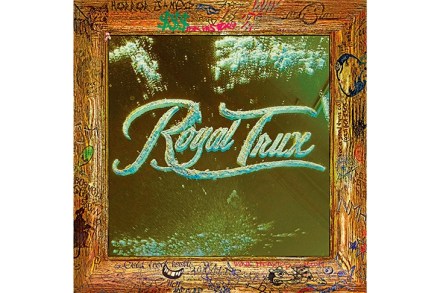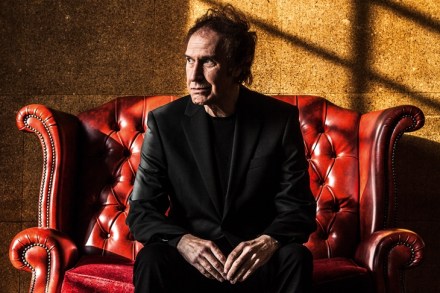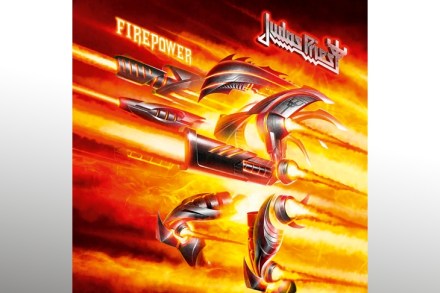The grrrls are back in town
The last time Bikini Kill played in London was in a room that now serves as the restaurant of a pub in Kentish Town. What a change 26 years can bring: on their return to the city last week, they filled the 5,000-capacity O2 Academy, Brixton, for two nights. That changed status, in truth, is not the result of the timelessness of their music — scrappy punk rock that at its most tuneful was pleasingly familiar and at its least tuneful approximated the sound of fingernails scraping down a blackboard at extreme volume. So why had 10,000 people bought tickets to see them in London? Some of them, doubtless, actually




















